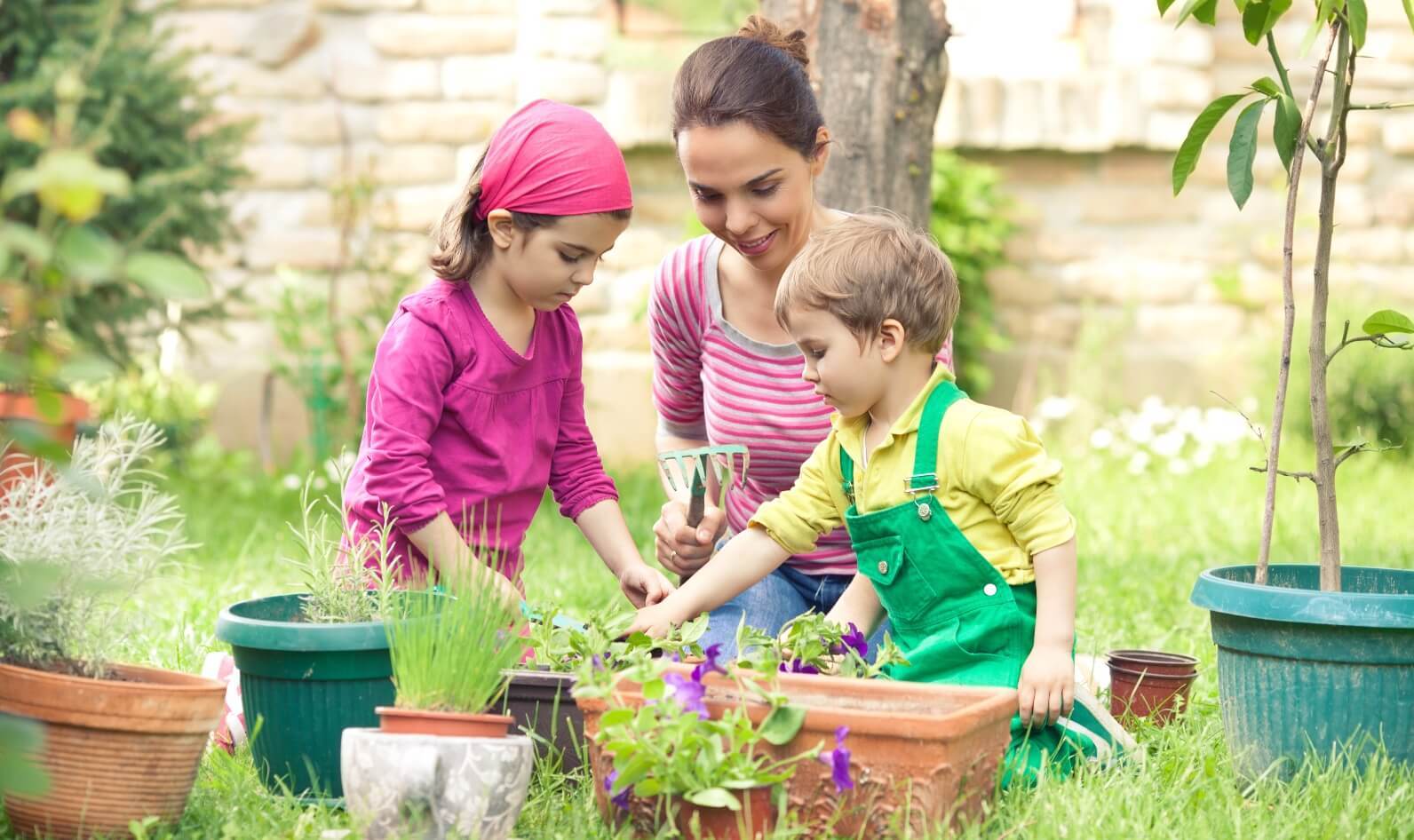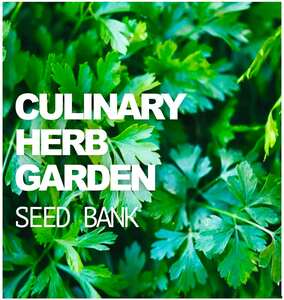Imaginative Gardening Ideas to Optimize Small Rooms and Yields
Imaginative Gardening Ideas to Optimize Small Rooms and Yields
Blog Article
Opening the Conveniences of Horticulture: A Comprehensive Check Out the Different Types and Their Influence On Health
Exploring the diverse benefits of horticulture exposes a spectrum of practices that significantly boost individual well-being. From veggie and natural herb yards to container and increased bed setups, each type uses unique benefits that extend beyond plain farming. These activities not just foster physical health via energetic engagement yet also contribute to mental wellness by relieving anxiety and motivating mindfulness. As we analyze these varied horticulture techniques, it becomes apparent that their impact can reverberate on personal, social, and ecological degrees, motivating a closer look at exactly how these links develop a natural story of alternative health.
Kinds Of Gardening
Flower horticulture, an additional popular group, emphasizes the visual appeal of cultivated blossoms. This type can boost landscapes and advertise biodiversity by drawing in helpful pollinators. Herb horticulture involves growing fragrant and cooking plants, adding both to food preparation and all-natural remedies.
Container gardening deals versatility, allowing individuals with restricted space to take part in horticulture by utilizing pots and planters. This technique is specifically popular in metropolitan setups. Increased bed horticulture, on the various other hand, involves producing raised plots that improve soil drain and access, making it simpler for gardeners to manage their plants.
Last but not least, area gardening cultivates cooperation among people in common spaces, promoting social interaction and cumulative obligation. Each sort of gardening serves distinctive purposes and accommodates different choices, making horticulture a flexible activity that can be customized to individual needs and environments.
Mental Health And Wellness Advantages
Taking part in numerous types of horticulture not just generates concrete benefits such as fresh fruit and vegetables and beautiful blossoms yet likewise uses significant psychological health and wellness advantages. Study indicates that horticulture can be a powerful device for minimizing anxiety, anxiety, and anxiety. The act of often tending to plants and cultivating a yard fosters a sense of function and accomplishment, which can boost general emotional well-being.
Moreover, horticulture urges mindfulness, as it requires individuals to concentrate on the existing minute, whether it be growing seeds or supporting growth. This mindfulness technique can lead to decreased rumination and boosted state of mind stability. The direct exposure to native environments during gardening has actually also been connected to enhanced cognitive functioning and decreased feelings of exhaustion.
Social communication plays a crucial function in psychological wellness, and area gardening initiatives give opportunities for people to get in touch with others, promoting a click for source sense of belonging. The shared experience of gardening can grow relationships and support networks, better boosting psychological strength.
Physical Health And Wellness Benefits
Lots of people might not recognize that gardening likewise gives significant physical health advantages. Engaging in gardening activities calls for a range of physical movements, including flexing, lifting, digging, and growing, which jointly contribute to enhanced stamina, flexibility, and endurance. These actions can boost cardio wellness by promoting an elevated heart rate, therefore lowering the risk of cardiovascular disease.
In addition, horticulture can act as a moderate-intensity workout, assisting individuals achieve recommended exercise degrees. Research studies show that normal engagement in gardening can melt considerable calories-- approximately 200-400 calories per hour, depending on the intensity of the jobs carried out. Such calorie expense is useful for weight management and total metabolic health.
Additionally, exposure to sunshine during gardening can facilitate the synthesis of vitamin D, which plays a crucial duty in keeping bone wellness and supporting immune function. The act of gardening often entails working with soil, which has been connected to prospective mental and physical wellness benefits due to the visibility of helpful bacteria.
Social Connections With Horticulture
The public elements of gardening foster purposeful social connections among people. Neighborhood yards, specifically, function as vivid centers where people from varied histories collaborated, cultivating not only plants but additionally relationships. These shared spaces encourage collaboration, permitting individuals to trade understanding, abilities, and resources, consequently enhancing their horticulture experience and cultivating a feeling you can look here of belonging.
Interaction in gardening activities usually brings about the development of friendships and support networks. Participants regularly unite for usual goals, such as planting seasons, harvest parties, or educational workshops, which reinforce interpersonal ties and produce a sense of community. Such interactions can reduce feelings of seclusion and improve psychological well-being, as people locate friendship and friendship in shared undertakings.

Ecological Influence of Horticulture
Horticulture significantly adds to ecological sustainability in multiple means. One of one of the most noteworthy benefits is the improvement of biodiversity. Home yards supply essential environments for different species, consisting of pollinators such as bees and butterflies, which are necessary for environment health. By growing diverse plant varieties, garden enthusiasts click resources can develop a well balanced atmosphere that supports both vegetation and fauna.

Additionally, gardens play a critical role in water preservation. Well-planned landscapes, including native plants and xeriscaping, reduce water use and protect against runoff, thereby protecting local rivers from pollution.
Verdict

The diverse kinds of gardening-- consisting of vegetable, flower, natural herb, container, and increased bed-- contribute to mental and physical wellness, foster social links, and promote ecological sustainability. By engaging in horticulture techniques, people can experience improved high quality of life while likewise supporting neighborhood bonds and ecological wellness.
Report this page